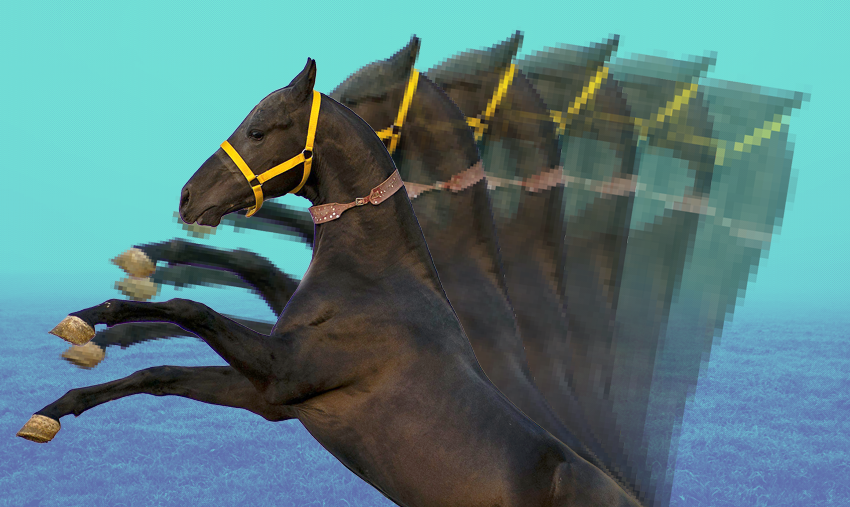A Joy Forever
Remembering the legacy of Anna Sewell and Black Beauty

It’s etched into the memory of every literate horse lover: Saddled in the darkness of night, Black Beauty is pushed to run faster and harder without breaks to fetch the doctor – the only one who can save Mrs. Gordon’s life. He returns with the doc, panting, shaking, sore, and soaking wet. Black Beauty knows that if he had run any slower, she would have died. Though the men were painfully unaware of it, Beauty understood them, he understood the stakes, and he would do it all over again.
We readers clench the edges of our book (or kindle) tighter—oh, sweet, kind Black Beauty.
It’s been nearly 150 years since the Nov. 24, 1877 publication of Anna Sewell’s only novel, which has sold a whopping 50 million copies – a rarefied distinction it shares with such classics as Charlotte’s Web (1971), Anne of Green Gables (1908), and Heidi (1880). Written from the perspective of the horse himself, it was groundbreaking stuff indeed.
Born in 1820 in the East of England, Sewell was crippled in a freak childhood accident that left her unable to get around, apart from the occasional horse-drawn carriage trip. Naturally, she developed a life-long compassionate affinity for the animals, which directly influenced her masterwork: In a December 1876 diary entry, she wrote that her goal for the book was “to induce kindness, sympathy and an understanding treatment of horses”
Accordingly, her story held up a mirror to society, and to the sometimes horrific treatment of animals. Of course, at the time society couldn’t even function without horses; used for farming and transportation, they were also an important part of the quickly growing industrialization of the cities. The sheer necessity and ubiquity created a breeding ground for abuse, and Sewell unblinkingly examined specific examples through her supporting characters:
- Peggy, whose modest stature gives her a slower gait, is constantly whipped.
- Ginger was beaten as a filly to train her, and to knock the spirit out of her at the same time (Beauty eventually sees her dead body in the back of a cart)
- The senior horse Rory has his eyes set on a retirement pasture, but is instead sent off to haul coal.
Sewell also built a case against the “bearing rein,” which forced horses to maintain an unnaturally arched neck, hurting their backs and hampering their breathing.
The tides of animal welfare had already begun to roll in the 19th century. England’s
first anti-cruelty law passed in 1822; two years later, the bill’s sponsor co-founded the Royal Society for the Prevention of Cruelty to Animals. But there’s no denying that Anna Sewell shook things up in further with Black Beauty; before long, London had its own Anti-Bearing-Rein Association, and by 1893 a San Francisco newspaper calling for a ban in California considered Britain a model for having “denounced and abandoned” it.
For her actual literary work, the publisher paid Anna Sewell £20 (about $732 in 2023) – not that she would have been able to spend much more anyhow. Sadly, she died five months after publication. But by then she’d already seen her book’s runaway success, and the beginning of the accomplishment of her awareness mission.
As for our darling Black Beauty, his final (fictional) days were peaceful ones: “My troubles are over, and I am at home: and often before I am quite awake, I fancy I am still in the orchard at Birtwick, standing with my old friends under the apple trees.”
